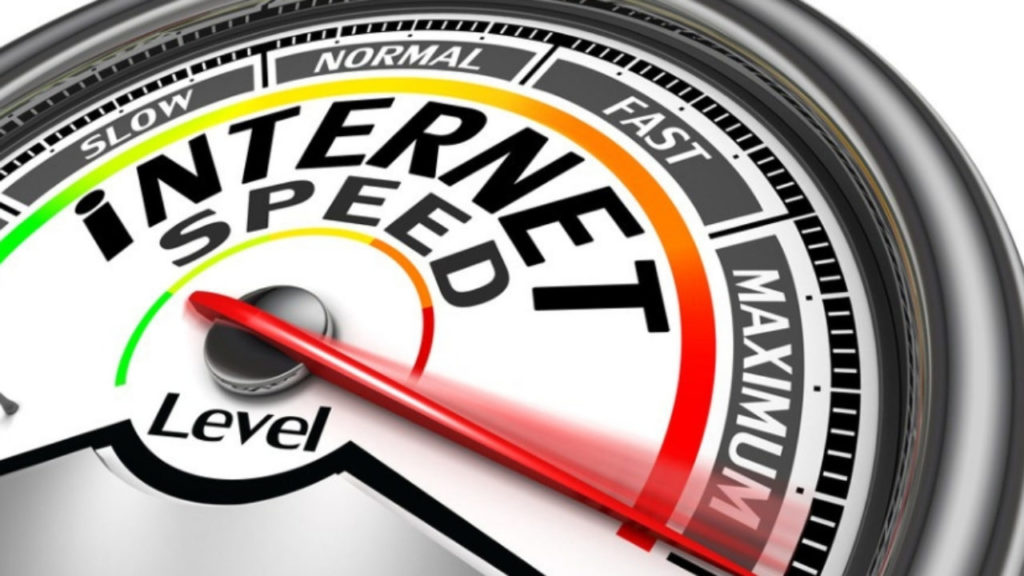178,000 Gbps Internet Speed Achieved: Download Entire Netflix In 1 Second!

Would you believe it if we told you that you can download the entire content available on Netflix in only one second?
Well, now you have to!
Research has shown that the record for the world’s fastest internet speed has now been set at 178 TB or whooping 178,000 Gbps by the University College in London.
Read on to find out all the details about this amazing feat!
University College of London Sets World Record For The Fastest Internet
Researchers at the University College of London have created a new World record for the fastest internet in the world. The speed of this internet is set at 178 terabytes per second or 178000 Gbps. This project has been carried out by the Royal Academy of Engineering Researcher Dr. Lidia Galdino and Xtera and Kiddi Research.
In a statement, Dr. Galdino said, “Independent of the COVID-19 crisis, internet traffic has increased exponentially over the last 10 years and this whole growth in data demand is related to the cost per bit going down. The development of new technologies is crucial to maintaining this trend towards lower costs while meeting future data rate demands that will continue to increase, with as yet unthought-of applications that will transform people’s lives.”
Prior to this, there was the world record of fastest internet speed in Australia which was 44.2 Tbps.
How Was A Speed Of 178 Tbps Achieved?
The researchers at UCL were able to apply a higher range of wavelength replacing the standard fiber optic ones. They also used modern amplifier technology to expand the range of the signal and massively amplifying it simultaneously.
Reports have suggested that currently a bandwidth of 4.5THz has been used by the infrastructure. Also, 90 THz commercial bandwidth has been detected in some markets. However, a 16.8 THz bandwidth has been employed by this super-fast internet in order to achieve the 178 terabit speed
As for the cost of the system, the UCL suggests that this would not be as expensive as fibre optic cables. As per the UCL, upgrading amplifiers only costs a fraction of the cost that is born to install new fibre optic cables.

Comments are closed, but trackbacks and pingbacks are open.